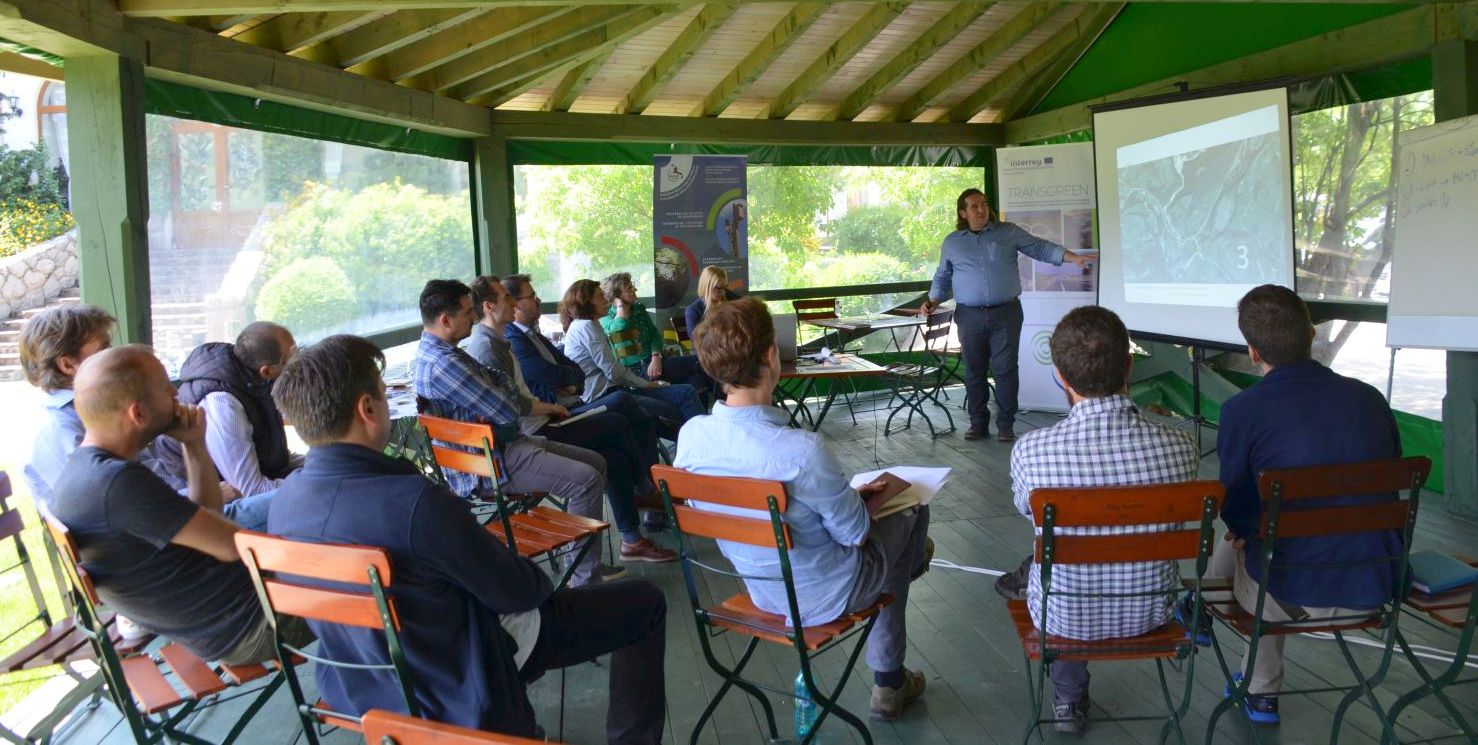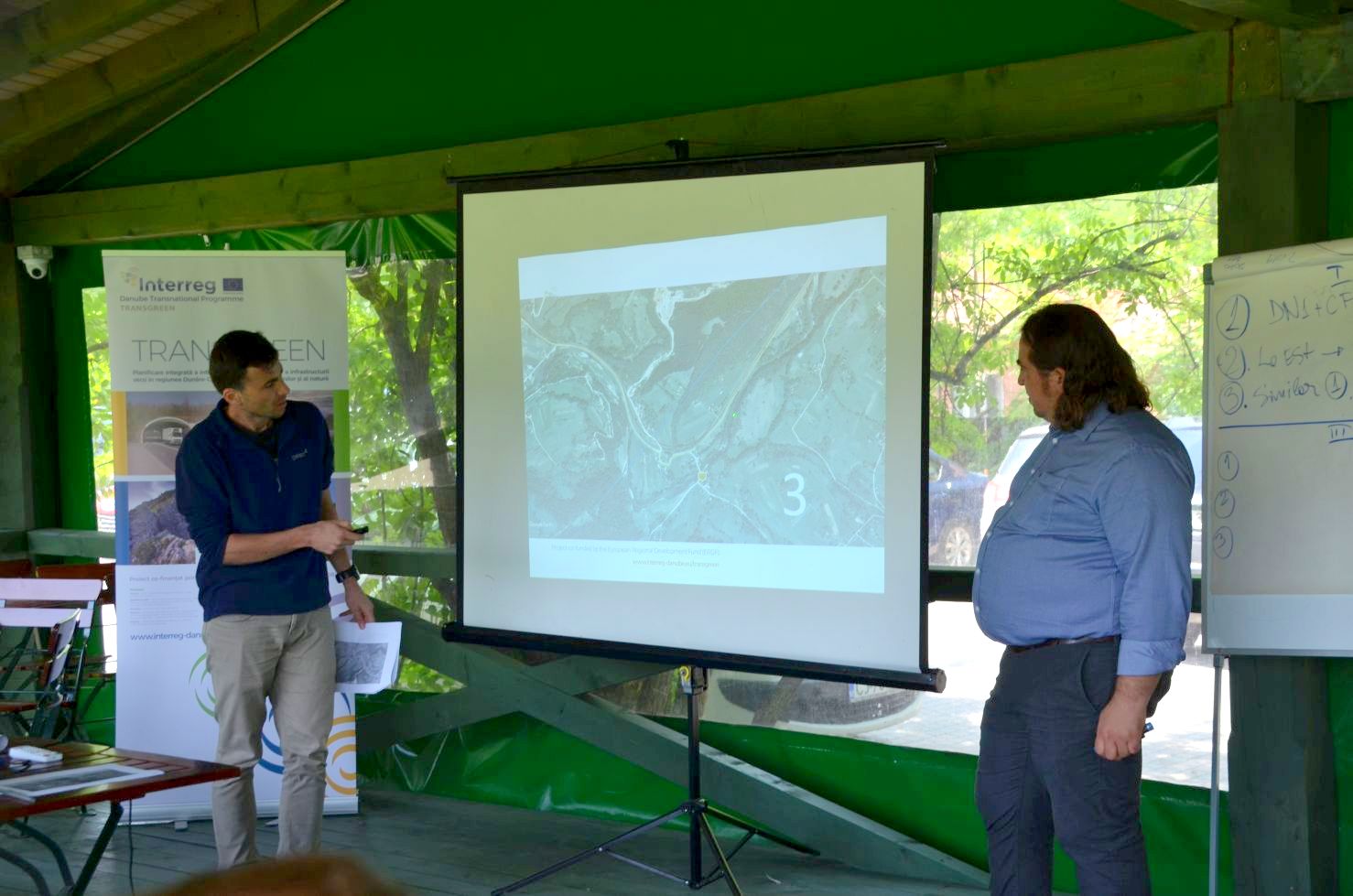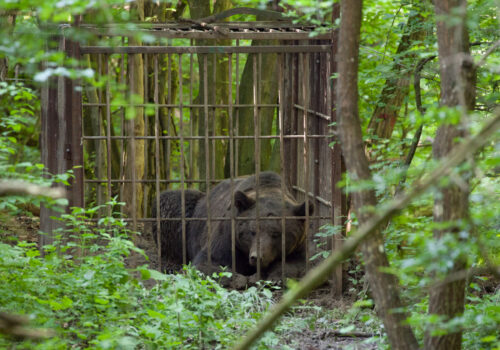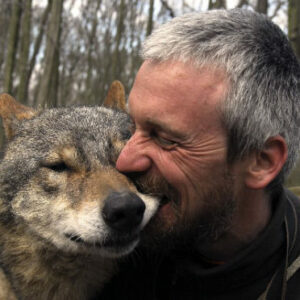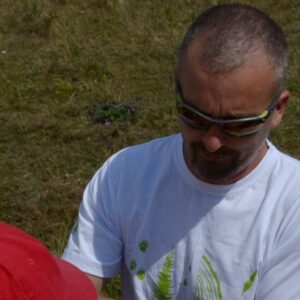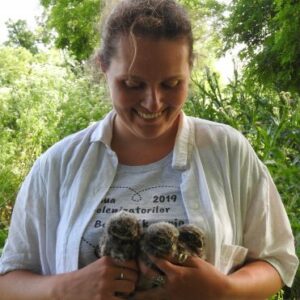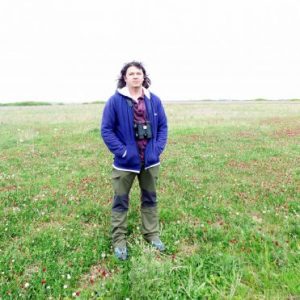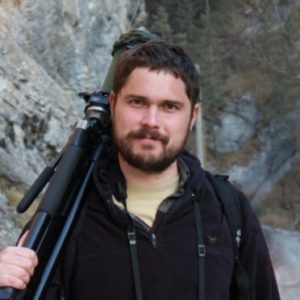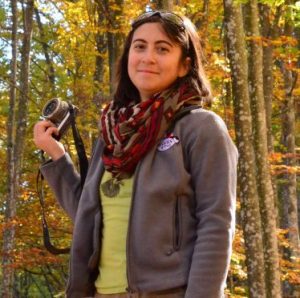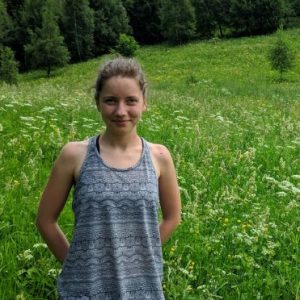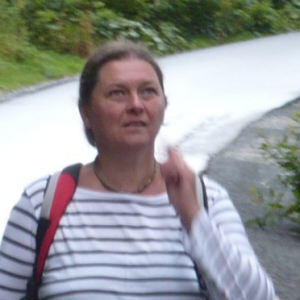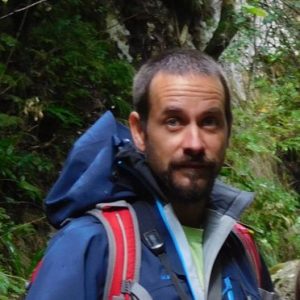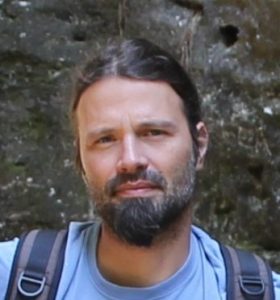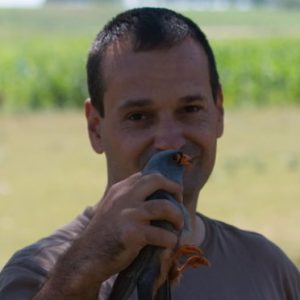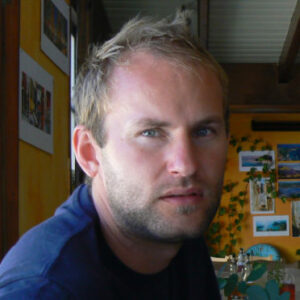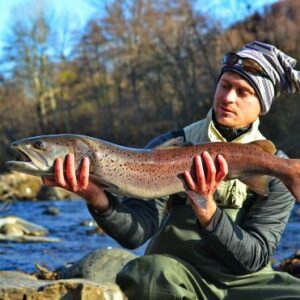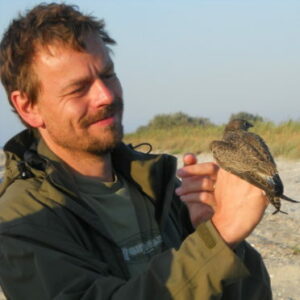Motion, dynamic, speed. These are words that, to a large extent, embodies our lives. Highways seem to be a solution to the dynamics of development. A solution that interests us from many points of view – through the landscapes that are destroyed, but also through the way they are built.
The Transgreen project brings together several organizations involved in nature conservation to bring sustainable green infrastructure. To this end, the Milvus Group together with its partner Association for Protected Areas – Propark organized at the end of May a workshop for specialists entitled “Using environmental impact assessment to develop a responsible transport network for the environment”.
Why is it important for Romania to have well-trained specialists in environmental impact assessment?
Marius Nistorescu, Infrastructure Specialist and workshop trainer, believes that
“roads must be built to meet the requirements of the European Commission’s directives and should be at a European-level criteria. This means, at least from the environmental point of view that means greater consideration for green issues, but mainly for biodiversity. That means destroying as few natural habitats as possible, preserving the continuity of the green corridors. All this could be done by adapting the infrastructure, maintaining those corridors essential to the movement of wildlife.”
Fragmentation and disturbance of valuable ecosystems, whether or not included in protected natural areas, are not a development solution. Previous year’s examples have shown that incomplete design and feasibility studies can have direct effects on humans – ex. accidents caused by bears that came out on the highway Sibiu – Deva.
Ion Dumitru is a manager at a consulting firm in Brasov. The Colţeşti Workshop surprised him a lot
“it was astounding, although I had basic notions about how a mechanism, an ecological chain works, I did not expect that we human with our minor changes can make such huge losses on nature”
The meeting focused on the practical experience and active involvement, the challenges faced by the participants in practice were analysed, and the concrete international examples demonstrated that the development of an ecological road infrastructure is possible. Just as we wish it, here in Romania.
